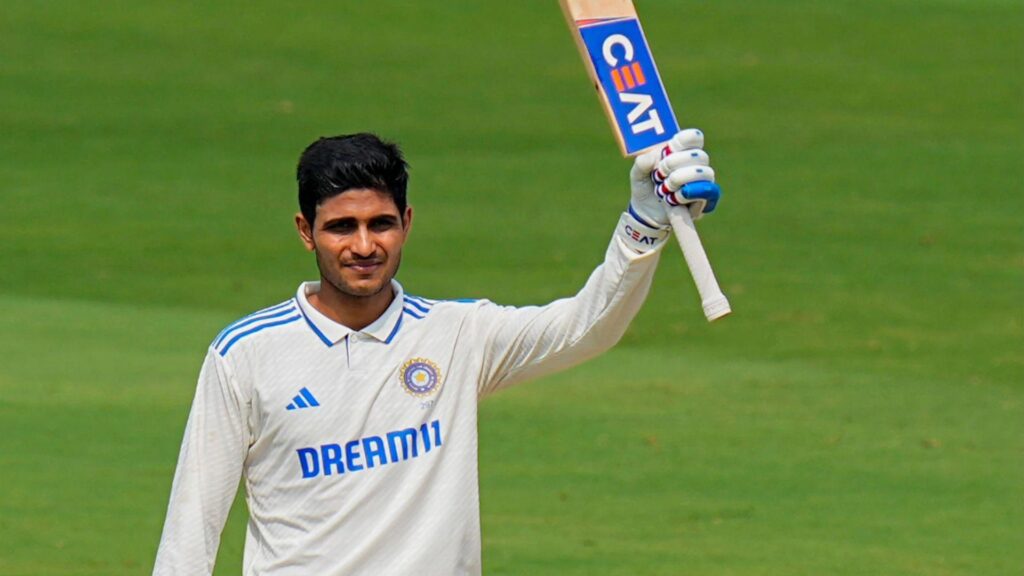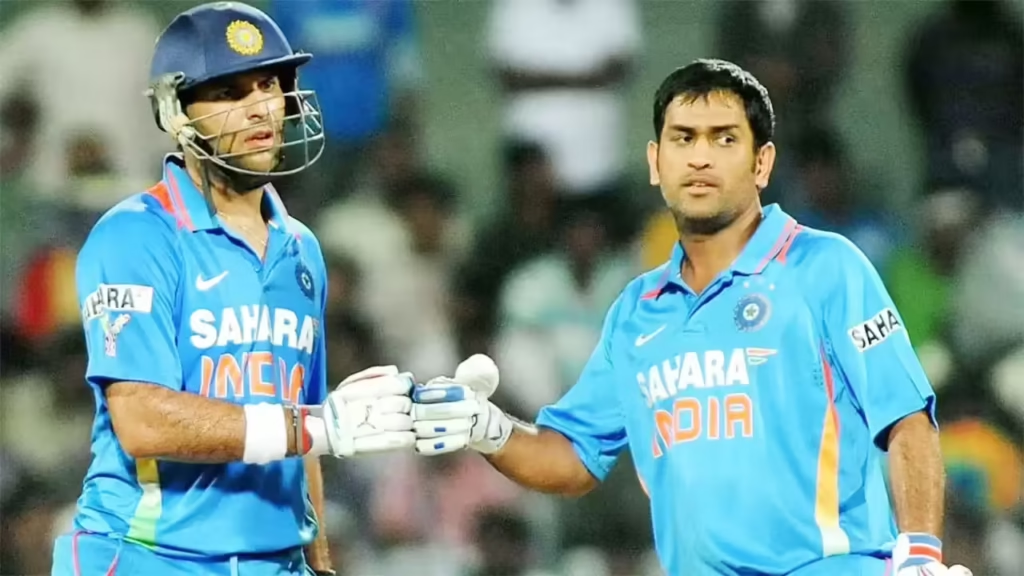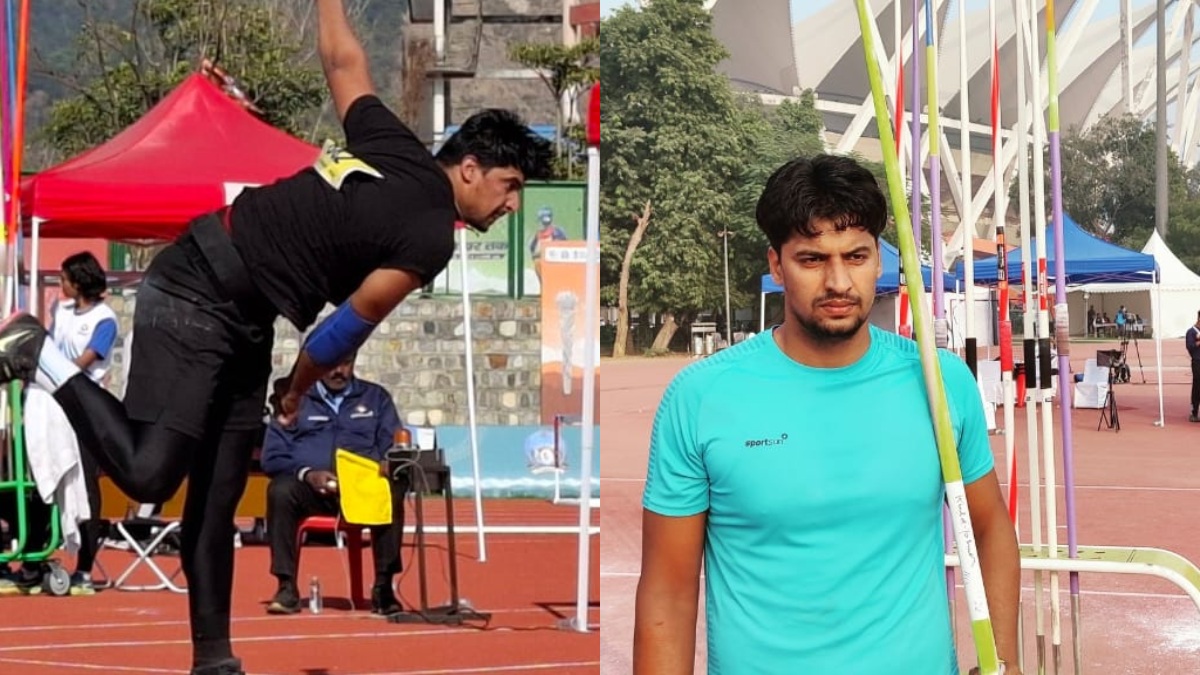Now Reading: Pakistan Team Trains Simultaneously with India at ICC Academy Amid Asia Cup Tensions
-
01
Pakistan Team Trains Simultaneously with India at ICC Academy Amid Asia Cup Tensions
Pakistan Team Trains Simultaneously with India at ICC Academy Amid Asia Cup Tensions

In a notable development during the Asia Cup 2025, the Pakistan cricket team arrived for their training session at the ICC Academy in Dubai while the Indian team was already practicing on adjacent grounds. This coincidental overlap occurred despite ongoing tensions between the two nations, raising questions about the dynamics of international sportsmanship and the management of such high-profile events.
Training Overlap at ICC Academy
On the eve of their match against the UAE, the Pakistan team arrived at the ICC Academy to commence their training session. At that time, the Indian team was already engaged in their practice on neighboring pitches. While both teams maintained a professional distance, the simultaneous presence underscored the complexities of organizing international matches amidst political sensitivities.
PCB’s Stance on Asia Cup Participation
Despite the proximity of the training sessions, the Pakistan Cricket Board (PCB) has not indicated any intention to withdraw from the Asia Cup. Sources suggest that the PCB is awaiting clearance from Islamabad regarding their participation in the tournament. This development highlights the delicate balance sports organizations must maintain between national interests and international sporting commitments.
Implications for International Sports Relations
The occurrence at the ICC Academy serves as a microcosm of the broader challenges faced in international sports relations. While the athletes continue to perform their duties, the underlying political tensions often influence the atmosphere surrounding such events. The ability of sports to act as a unifying force is continually tested against the backdrop of geopolitical realities.
Conclusion
The simultaneous training sessions of the Indian and Pakistani cricket teams at the ICC Academy reflect the intricate interplay between sports and international relations. As the Asia Cup progresses, the focus remains on the athletes’ performances, yet the surrounding circumstances remind us of the broader context in which these events unfold.

























